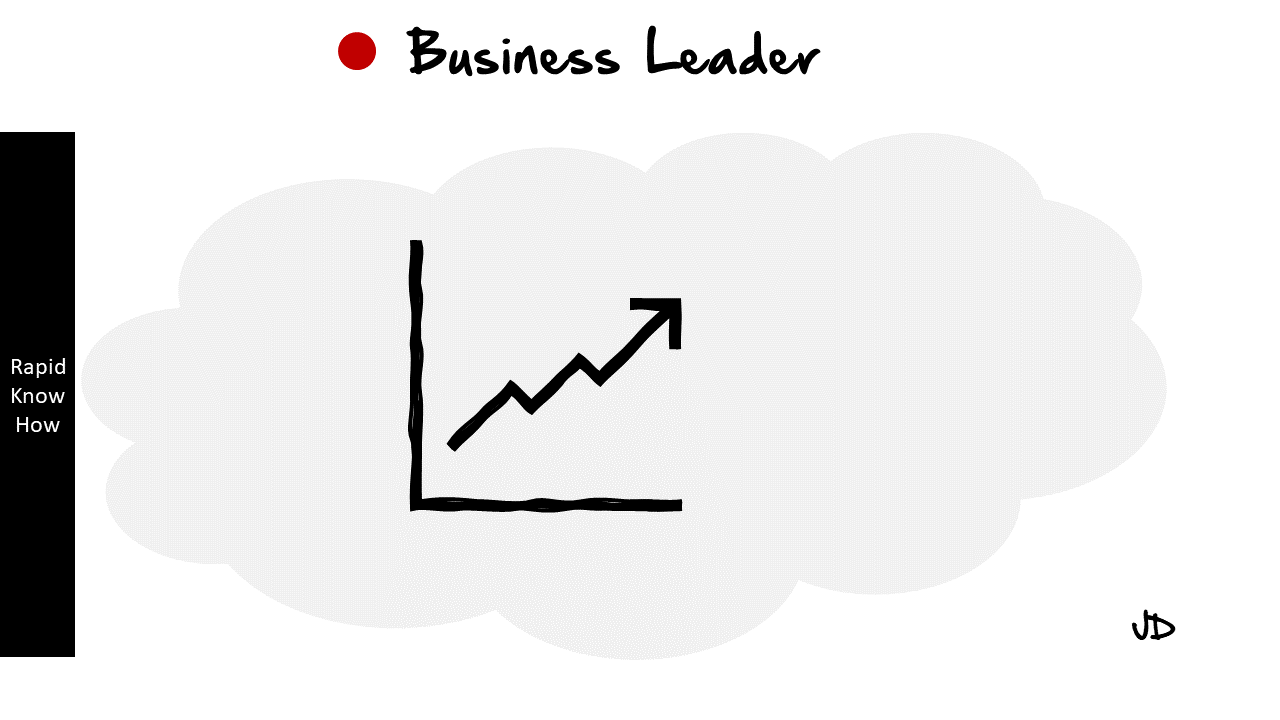Here is the full Geopolitical Trigger Report: Syria 2015
1. ✅ Real Cause
- The Syrian conflict began as part of the Arab Spring in 2011 and quickly escalated into a civil war involving regional and global powers.
- Deep-rooted sectarian divides, socio-economic collapse, and external regime change strategies accelerated the breakdown of the state.
- The conflict became a proxy battlefield for U.S., Russia, Iran, Turkey, and others.
2. 👥 Actors
- Domestic: Assad regime, opposition groups, Kurdish forces, ISIS.
- International:
- USA: Supported regime change and rebel groups.
- Russia: Backed Assad militarily.
- Turkey: Sought regional dominance, supported anti-Assad rebels.
- Iran: Backed Assad for Shia axis.
- Saudi Arabia: Funded Sunni rebels.
- EU/Germany: Responded to migration pressure.
- NGOs/UNHCR: Managed humanitarian response.
3. 🧠 Strategies
- USA: Destabilize Assad, weaken Russian/Iranian influence.
- Russia: Preserve its naval base and influence by backing Assad.
- Turkey: Leverage refugee flows to gain political and economic concessions from the EU.
- Iran & Saudi Arabia: Expand ideological and strategic influence.
- EU/Germany: Moral leadership and workforce policy.
- NGOs/UNHCR: Build global migration governance.
4. 🎯 Actions
- Military: Airstrikes, arms shipments, training rebels, direct intervention (Russia).
- Political: Sanctions, propaganda, regime delegitimization.
- Humanitarian: Refugee camps, migration corridors, family reunification policies.
- Border policies: Turkey opened routes; EU offered resettlement options.
- Social: Spread of online narratives about a “better future” in Europe.
5. ⚔️ Conflict
- Over 12 years of civil war.
- Mass destruction in cities like Aleppo and Homs.
- Use of chemical weapons, civilian bombings, radicalization.
- Over 6 million people displaced externally, including hundreds of thousands of unaccompanied minors.
6. 📉 Result
- Mass migration of unaccompanied minors from Syria toward Europe (esp. Germany and Sweden).
- Demographic shifts in receiving countries.
- Rise of political polarization and anti-immigration movements within the EU.
- Creation of a multi-billion euro migration management system.
7. 🔍 Deep Insight
- Migration is not merely a consequence of war but a strategically used tool:
- To destabilize regions (Europe),
- To gain bargaining power (Turkey),
- To reshape demographics and labor markets (EU),
- To weaken rival geopolitical alliances (U.S., Russia, Iran).
8. 📚 Learning Points
- Geopolitics uses crisis orchestration as a tool for strategic gain.
- Unaccompanied youth often act as the demographic “frontline” in global migration flows.
- Migration policies reflect power dynamics, not just humanitarian ideals.
- Future security requires understanding who profits from mass displacement and how it is engineered.





